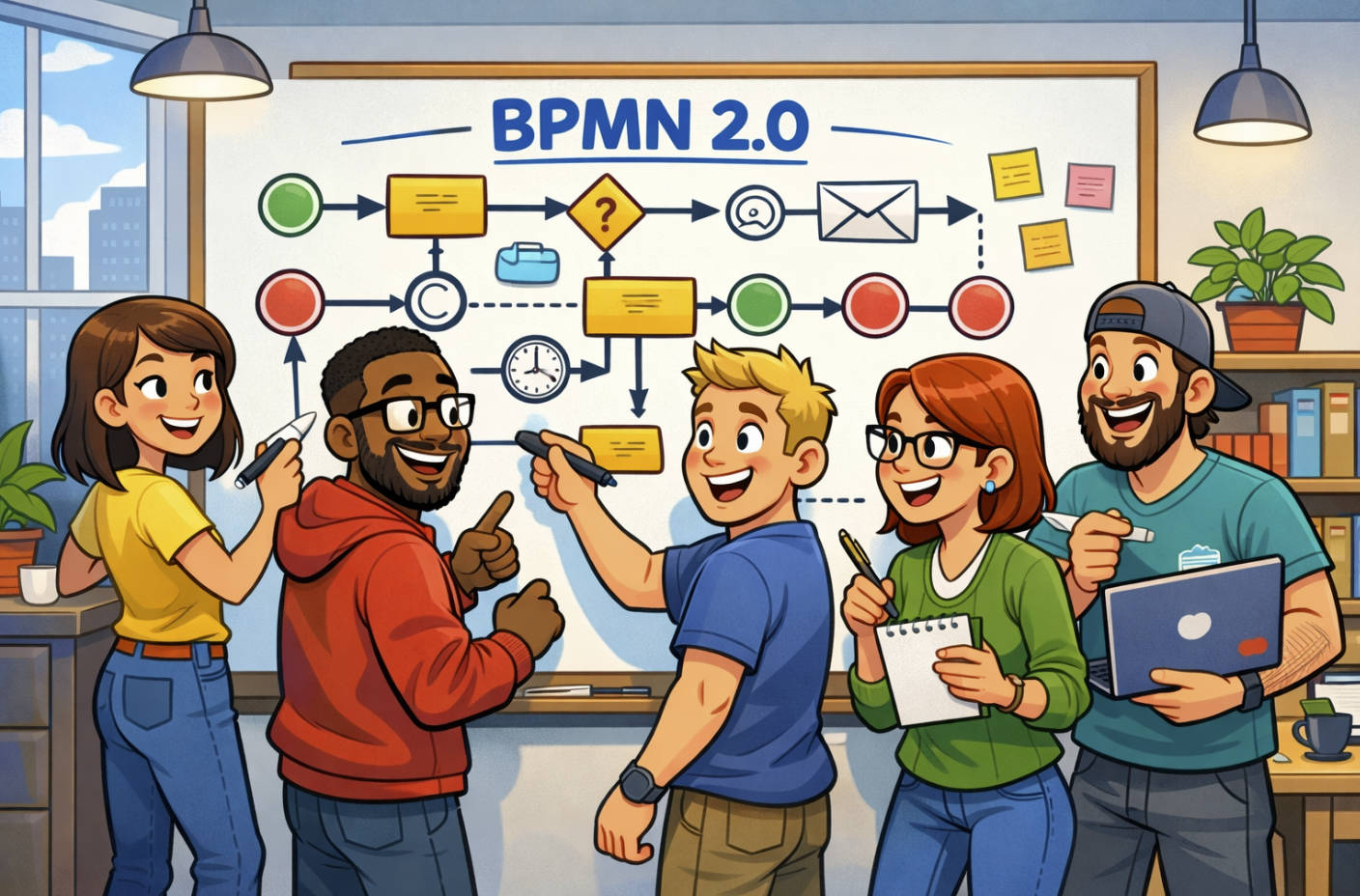🌍 The Shift in Business Analysis
AI is reshaping the way analysts work.
Machine learning models can process vast amounts of data, copilots can draft documents, and automation tools can streamline workflows.
But while machines handle logic and numbers, they can’t replace the human skills that make analysis truly effective.
The future of business analysis belongs to those who combine technical know-how with empathy, humility, and respect.
These “soft” skills create the trust, alignment, and collaboration needed for AI to succeed in real business environments.
👂 Empathy as the Analyst’s Edge
AI can identify patterns, but it doesn’t understand people.
Stakeholders often express concerns indirectly or hesitate to share their real fears.
An analyst with empathy can sense these unspoken needs and design solutions that address them.
For example, a team might resist automation not because it’s inefficient, but because they fear losing relevance.
By listening empathetically and addressing those concerns, analysts turn resistance into engagement.
This ability to read between the lines is something no algorithm can replicate.
🤝 Humility Builds Alignment
Business analysts are often at the intersection of technology and strategy.
It’s tempting to lean on frameworks or push “the right answer.”
But humility — the willingness to learn from stakeholders, admit limits, and adapt — builds stronger outcomes.
Humility signals respect for others’ expertise, whether it’s a frontline employee or a senior executive.
It ensures solutions are co-created, not imposed.
In the age of AI, humility also means recognising that machines don’t have all the answers.
It’s the analyst’s role to question outputs, validate them with context, and shape recommendations collaboratively.
🧠 Respect as the Foundation of Trust
Respect is more than politeness; it’s recognising the value of every voice in the process.
AI copilots don’t distinguish between perspectives — they just process inputs.
Analysts, however, can ensure all stakeholders feel included and respected.
That trust is critical when rolling out new tools or changing long-standing workflows.
When people feel respected, they are more open to change.
Respect reduces friction, builds buy-in, and allows AI adoption to succeed where it might otherwise fail.
📊 Case Example: AI in Customer Service
A company introduced an AI chatbot to streamline customer queries.
Data showed shorter resolution times, but customer complaints increased.
Analysts discovered the issue wasn’t the chatbot, but that customers felt ignored when escalations were delayed.
By listening empathetically to both staff and customers, analysts recommended changes to escalation protocols.
The result was faster service and higher satisfaction.
AI delivered the efficiency, but human insight delivered the success.
⚖️ Balancing Hard and Soft Skills
Technical expertise remains essential — analysts still need to model processes, document requirements, and interpret data.
But without soft skills, even the best technical solution risks failure.
Empathy ensures solutions meet real needs.
Humility fosters collaboration and continuous improvement.
Respect builds the trust that makes adoption possible.
Together, these skills future-proof analysts in a world where AI handles logic but not relationships.
💡 Final Thoughts
In the age of AI, business analysis is no longer just about data or processes.
It’s about people.
AI copilots can automate tasks, but they can’t build alignment, trust, or cultural acceptance.
That’s the analyst’s role.
Soft skills — empathy, humility, and respect — are not optional.
They’re the hard impact skills that ensure AI delivers real value.
Future-ready analysts will be the ones who embrace technology while leading with humanity.






